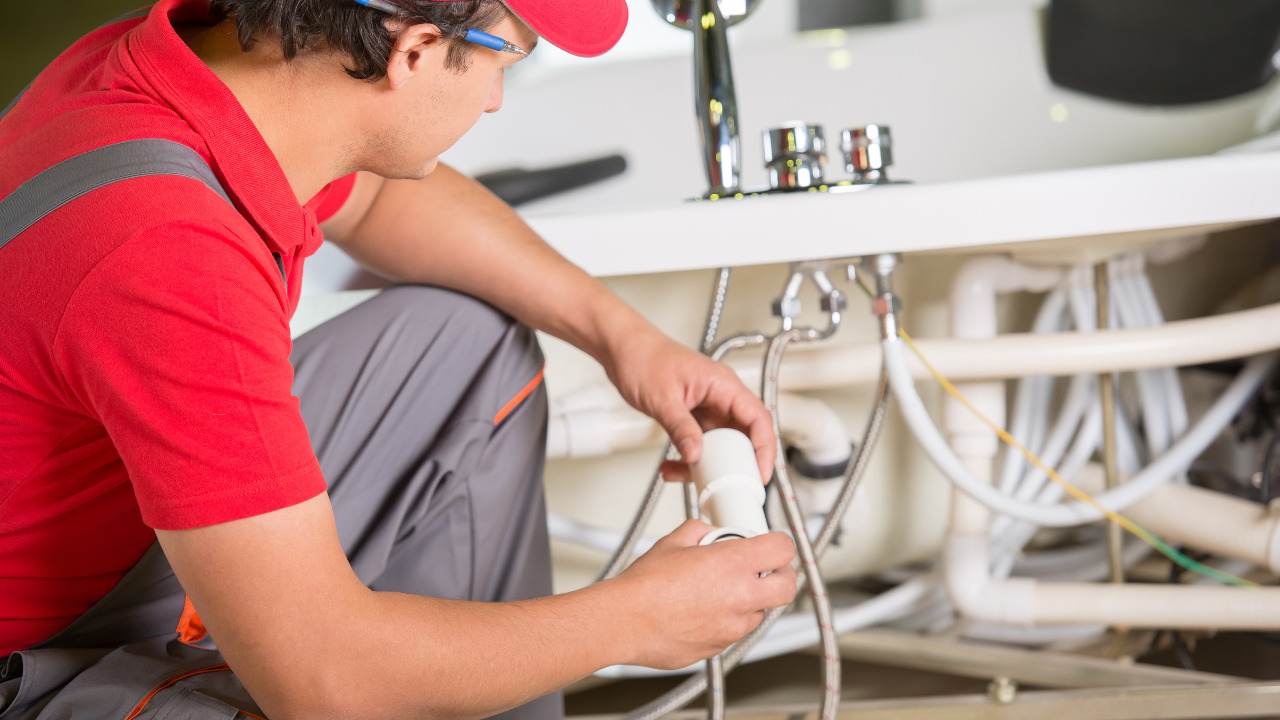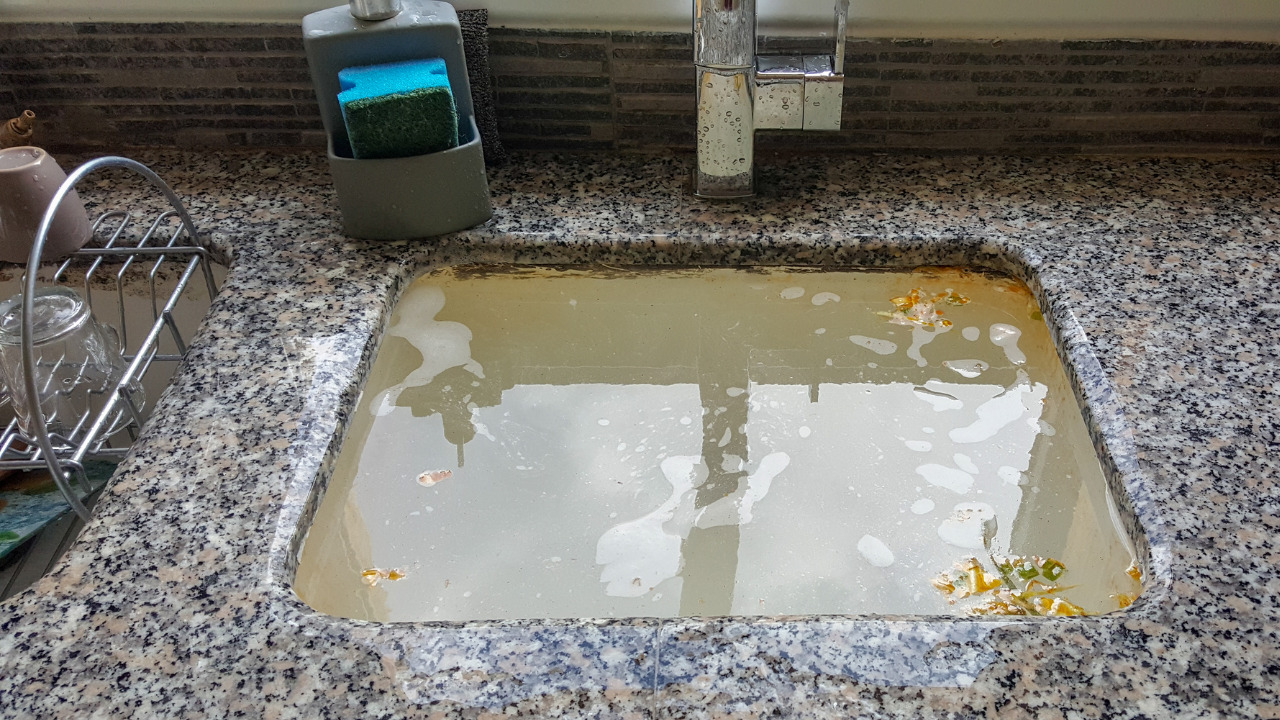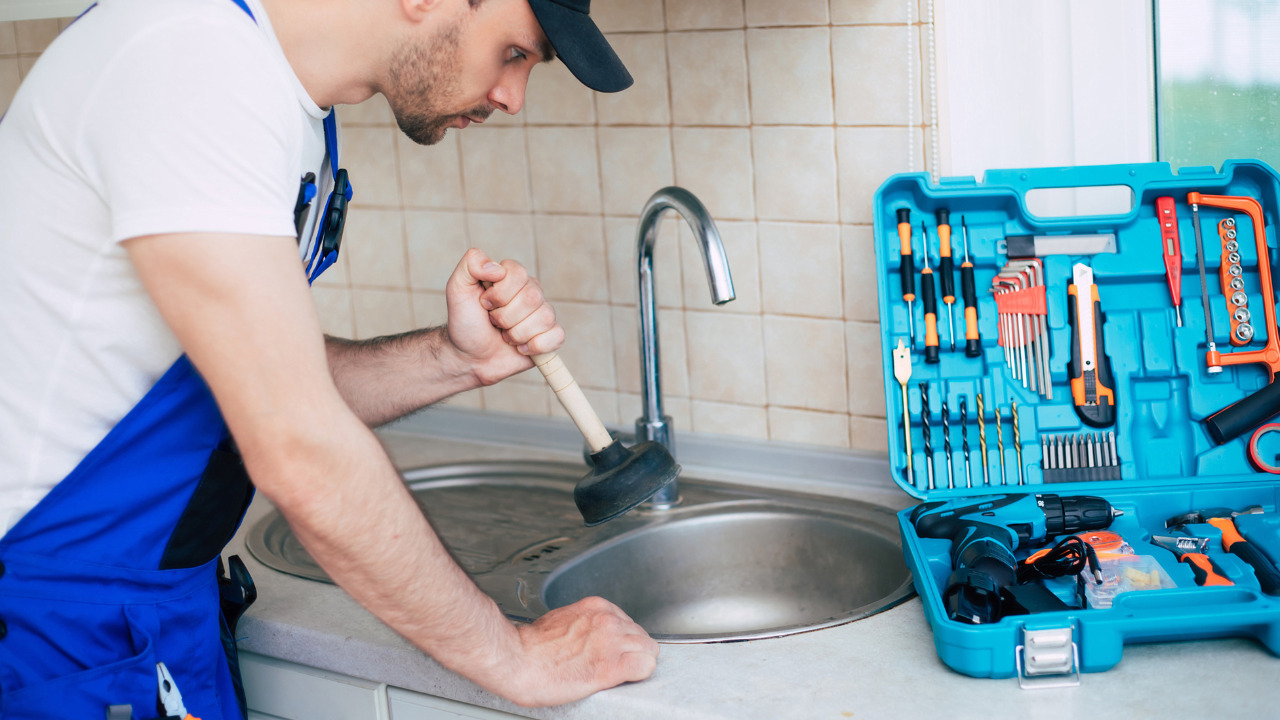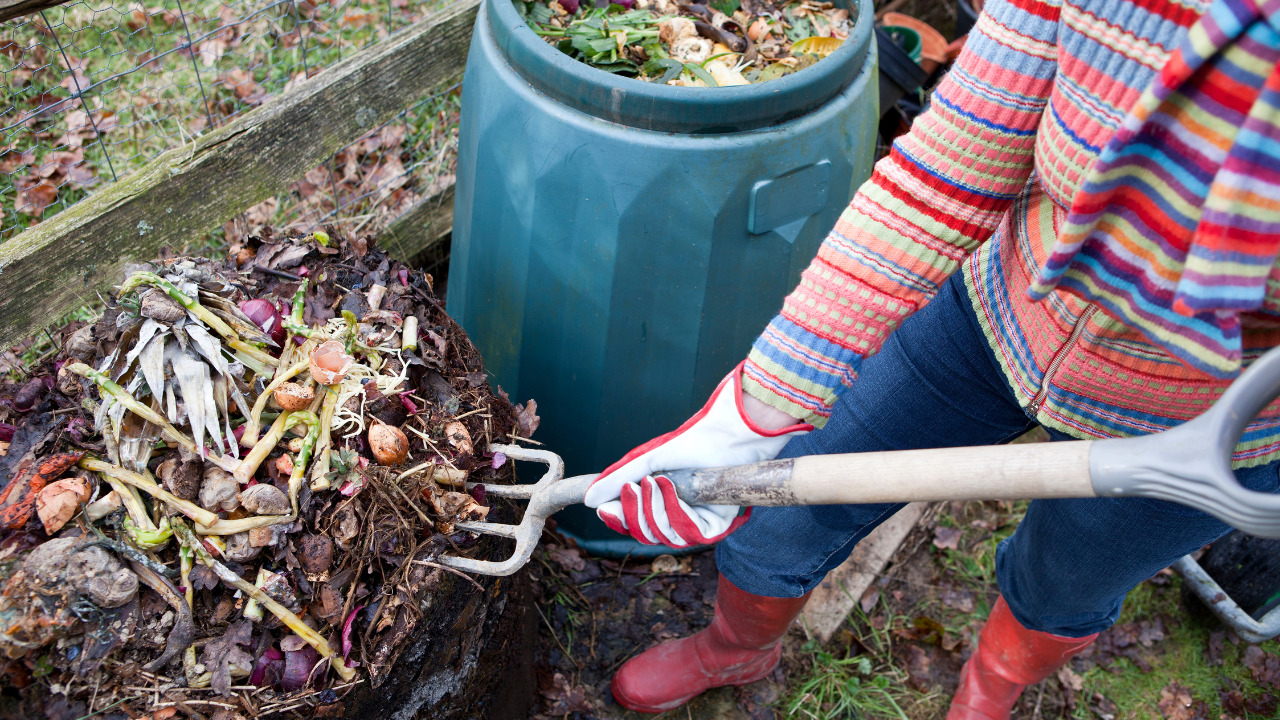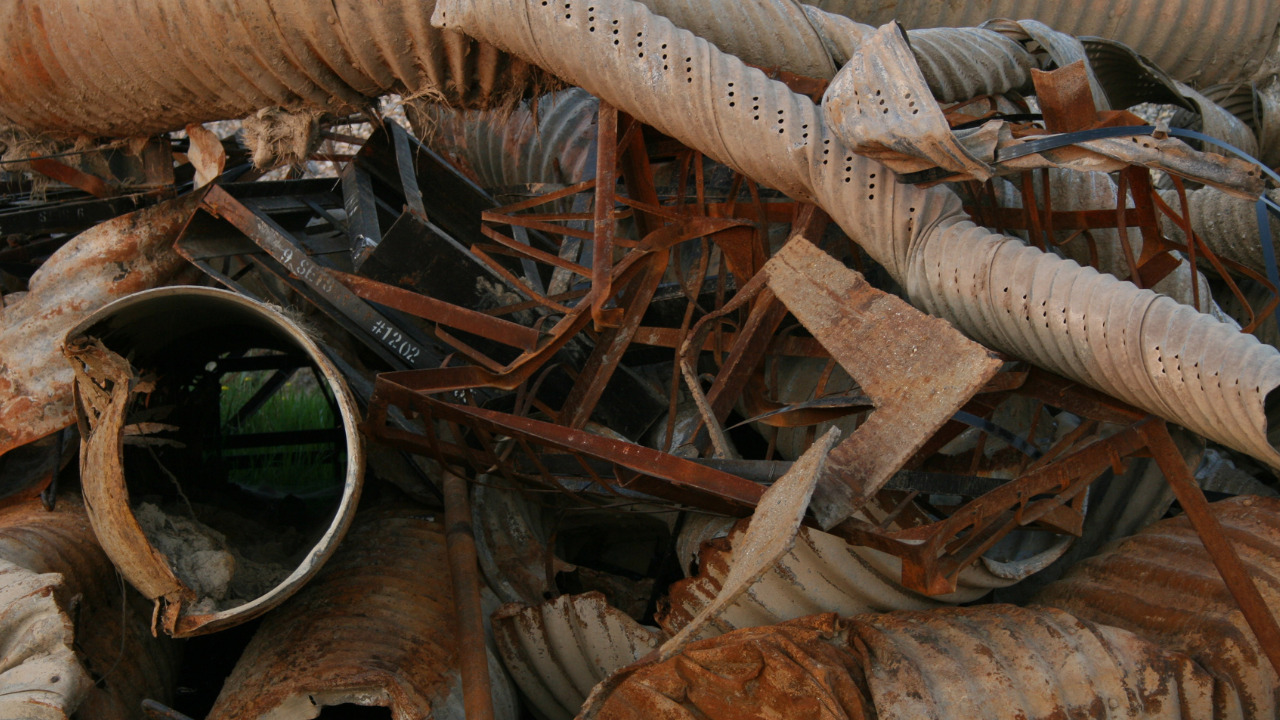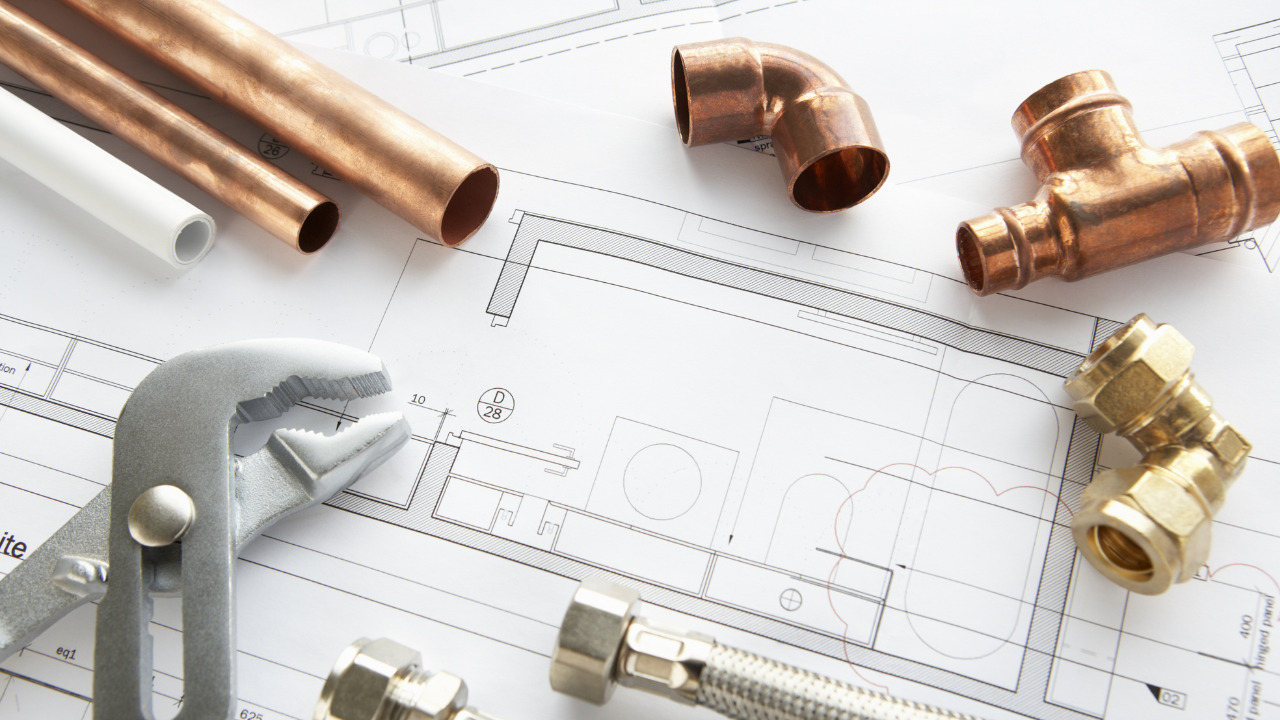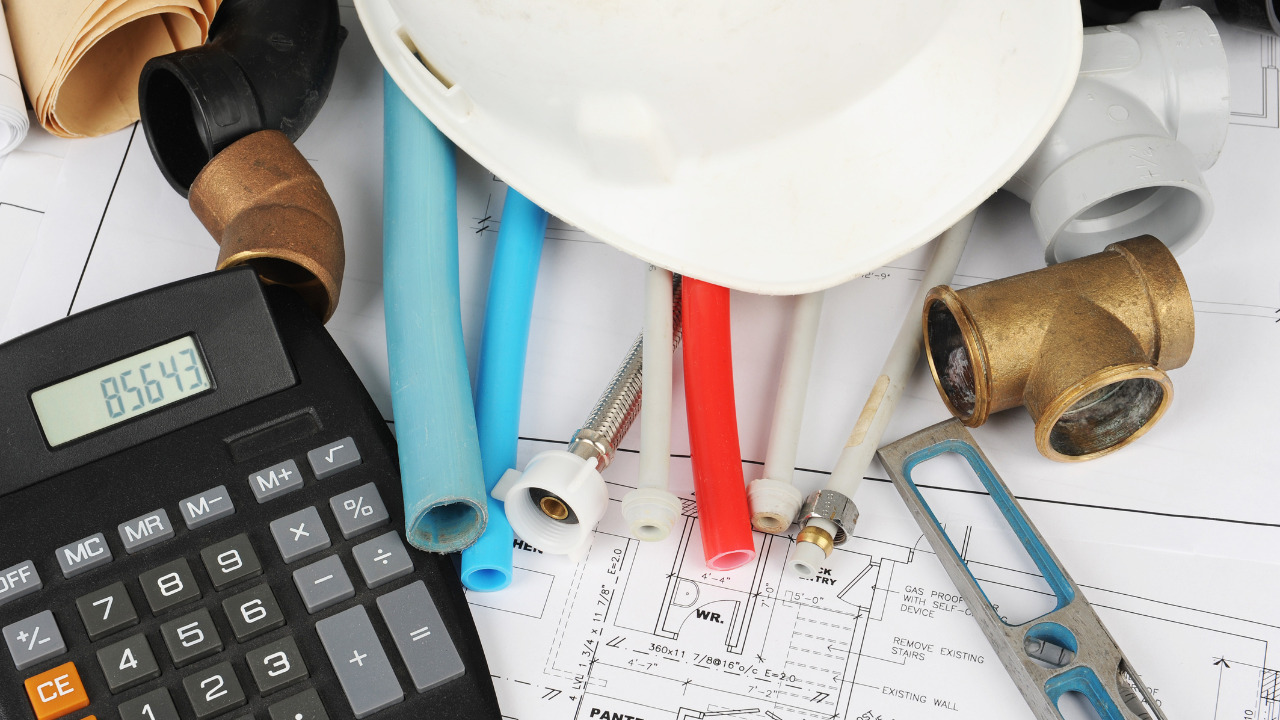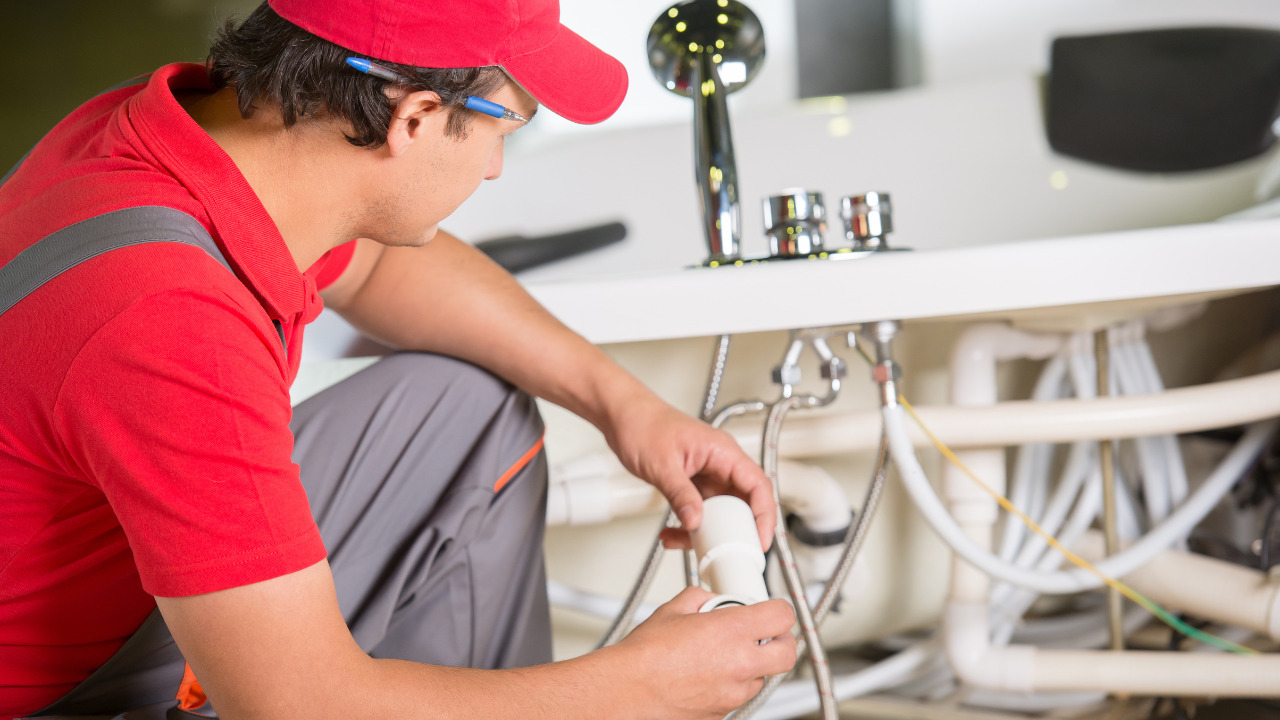The integration of plumbing greatly facilitates our daily routines. It allows our everyday duties to flow smoothly. Those who live in older houses are aware of the significance of plumbing. Plumbing problems are more common in older homes than in newer homes. Repairing a plumbing issue can range from very little to very costly.
The cost is determined by how serious the situation is. The majority of the issue can be resolved with relative ease. You can save a few hundred bucks using certain tools and DIY approaches.
Today, we’ll examine some of the people’s most frequent plumbing problems. We’ll concentrate on some more standard approaches to these plumbing stoppage problems.
The main sewer line of your residential or commercial building plays a vital role in your plumbing system—it takes sewage away from your building. If your sewer line isn’t doing this job properly or sending sewage back into your building, you can count on us for reliable, fast sewer line repair services.
Table of Contents
Plumbing Stoppage: An Overview
Any obstruction that restricts the free flow of water is a stoppage. Debris accumulation, tree roots encroaching on your pipes, or even the failure of root barriers are just a few of the potential causes. Stoppages in your home’s plumbing system might result in a wide range of issues.
For instance, if the obstruction is not fixed, water can back into your house and contaminate other plumbing fixtures. A mainline blockage is an obstruction in the mainline that connects your house to the city’s sewage system.
As your plumbing fixtures are connected to your mainline, any or all of them may have issues due to a stoppage.
What Are The Main Reasons For Plumbing Stoppage?
Do you have a clog in your drain line that is constantly causing you plumbing troubles? Understanding what causes stoppages might help you avoid or prevent them if this is the case. Your plumbing system may become clogged by tree roots if they penetrate it.
Since their native habitat is typically very dry, tree roots frequently seek moisture wherever possible. Sadly, they frequently locate the plumbing system in your home and infiltrate it to get moisture within. The roots can grow into your pipes and create blockages if not removed.
Remember that prevention is always better than cure. So, let’s start discussing the main reasons for stoppage:
Kitchen Sinks Are The Primary Reason For Plumbing Stoppage
Oils, greases, and fats are frequently found in kitchen sinks. These are frequently the source of obstruction in the drain connected to it. Even garbage disposal has its limits. When a pipe has too much oil or grease, the insides become coated with particles, which are difficult to remove with water.
When the pipe becomes clogged, you have a dilemma on your hands. Wipe the dishes that go into the sink instead of emptying them because prevention is always better than treatment. In the same way, get rid of leftovers. Meat requires extra attention because it takes longer to break into bits. Get a drain filter as well.
Food And Bathroom Waste
Waste chemicals that go down your drain might frequently cause a system blockage. Food waste and bathroom waste are two examples. Installing drain filters that only let water through and trap any waste material for you to remove and dispose of is the best method to avoid stoppages of this sort.
Additionally, do not flush anything that isn’t toilet paper down the toilet. If you’re still having problems with stoppages, look at the sort of toilet paper you’re using and how much you’re using each time you flush the toilet.
Debris Build-Up
If your drains are still clogged, there may be a few external factors at work. Tree roots frequently find their way into your exterior drains, where they can clog or break them, resulting in a complete blockage. The accumulation of debris can cause stoppages.
Contact professional drain cleaners if you are experiencing one of these problems. They will help identify and resolve the problem professionally and timely with the appropriate instruments.
What Are The Basic Signs Of Plumbing Stoppage?
There are some warning indicators to check if your main line is blocked. When you flush the toilet, the lowest drain in your home, like your bath or shower, floods; these drains or your toilet may also make gurgling sounds.
Remember that if your main line is clogged or blocked, you’ll have issues running water in your house. The problems are usually localized if the clog is in a secondary line that branches out from the mainline. A minor line blockage may only affect your tub, whereas a major one may affect everyone.
How To Deal With Plumbing Stoppage?
It would help if you took care of this clog as soon as possible because it can cause major harm and health dangers in your home. However, it would be best not to attempt to deal with it alone. Because clearing a plumbing blockage entails dealing with raw sewage, leaving it to the pros is best.
The plumbing professionals understand how to clear these clogs properly and have the necessary tools and equipment.
This helps ensure that a blockage in your main line does not expose you to sewage. When professionals arrive at your home to clear a main line blockage, they may use a camera to inspect it once the blockage is removed.
This aids them in determining the specific position and source of the obstruction. You will save both time and money in this manner.
Use Professionals Tools To Clean The Plumbing Line Yourself
You don’t need to be an expert to deal with a common plumbing clog. Many of these may be addressed at home if you have tools like a plunger or a snake drain. You may need to use a hook at the end of the drain snake to get rid of obstinate material.
Make sure it’s a little heavy and bent into a hook shape. You’ll also find various non-caustic, eco-friendly drainers that can aid with a medium-sized standstill.
These can be obtained online or at your local hardware shop. When dealing with these, just be careful and wear protective clothing like gloves because they might burn your hands.
What Is The Cost Of Removing Removing Plumbing Stoppage?
Depending on how severe the halt is, there are different costs involved. If a plumber can quickly clear it, you may only have to spend $150 to $250. If your clog is in your mainline, though, and a plumber needs to remove it physically, you may finish up paying anywhere from $400 to $11,00.
If you don’t address plumbing stoppages immediately, they could cost you quite a lot of money. Wastewater may back up into your home as a result of debris building up in your main line. Your other plumbing fittings will become contaminated by this, and the longer it is left, the more cleanup will be necessary.
Unattended wastewater stoppage has the potential to harm your entire house. Large-scale water damage from sewer backups can occur quickly. You need to call a restoration firm to handle the clean-up after water damage so they can come in and fix the problem.
If you don’t, mold could begin to spread and pose a long-term health risk to the people living in your house.
When Do You Need To Hire Professionals For Plumbing Stoppage?
It’s a good idea to get that resolved as well if you have a sewer or water backup. It’s preferable for everyone if you fix the issue before it worsens into an emergency because a sewer backup can seriously clog up your plumbing system. If you do notice indications of a stoppage, such as slow-draining water or water entering your toilets but not exiting them, you should contact a professional right away.
Conclusion
Stoppages in the plumbing system can sometimes result in an emergency. First and first, you must appropriately diagnose the issue. You can solve the problem independently if it can be solved using discussed steps and guidelines.
If the problem has gotten out of hand, you should hire a professional plumber to diagnose and solve the problem. Choose a plumber carefully because you will not have the same problem twice.


